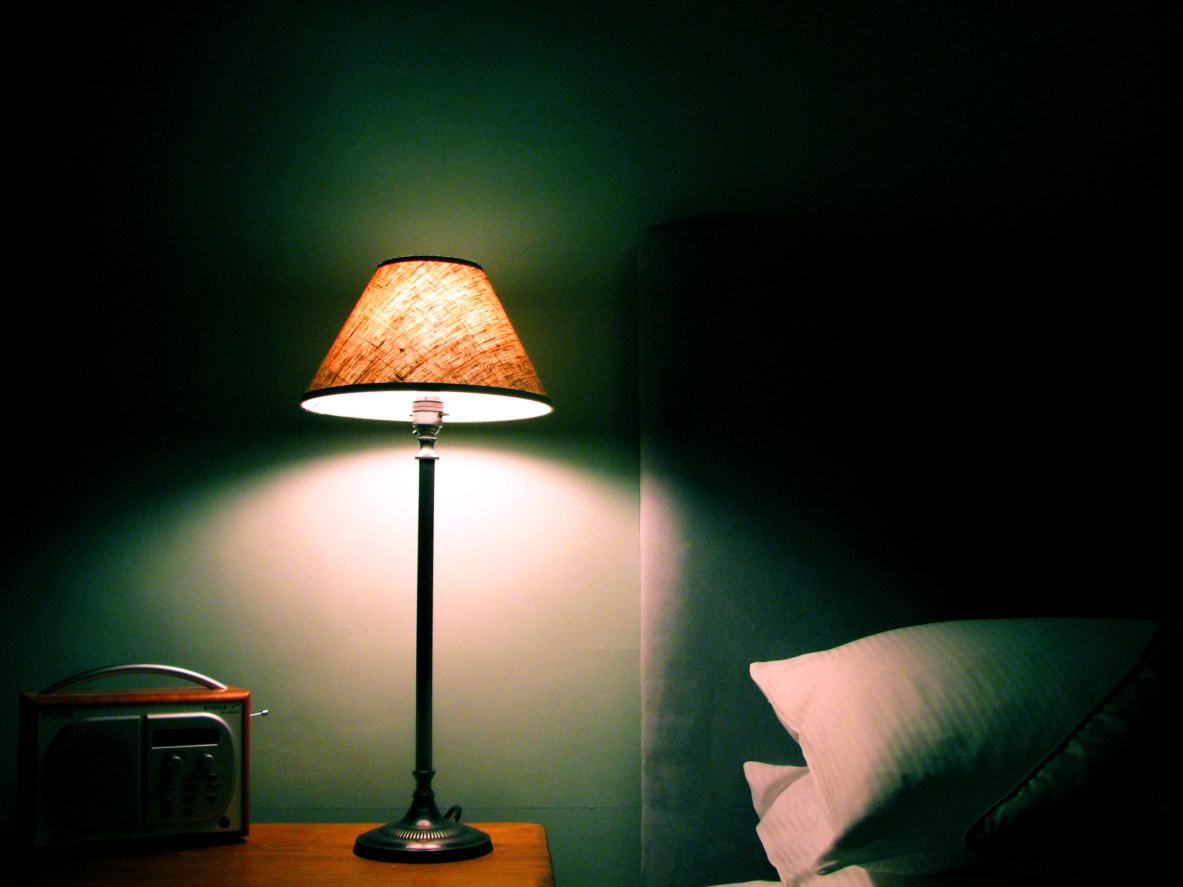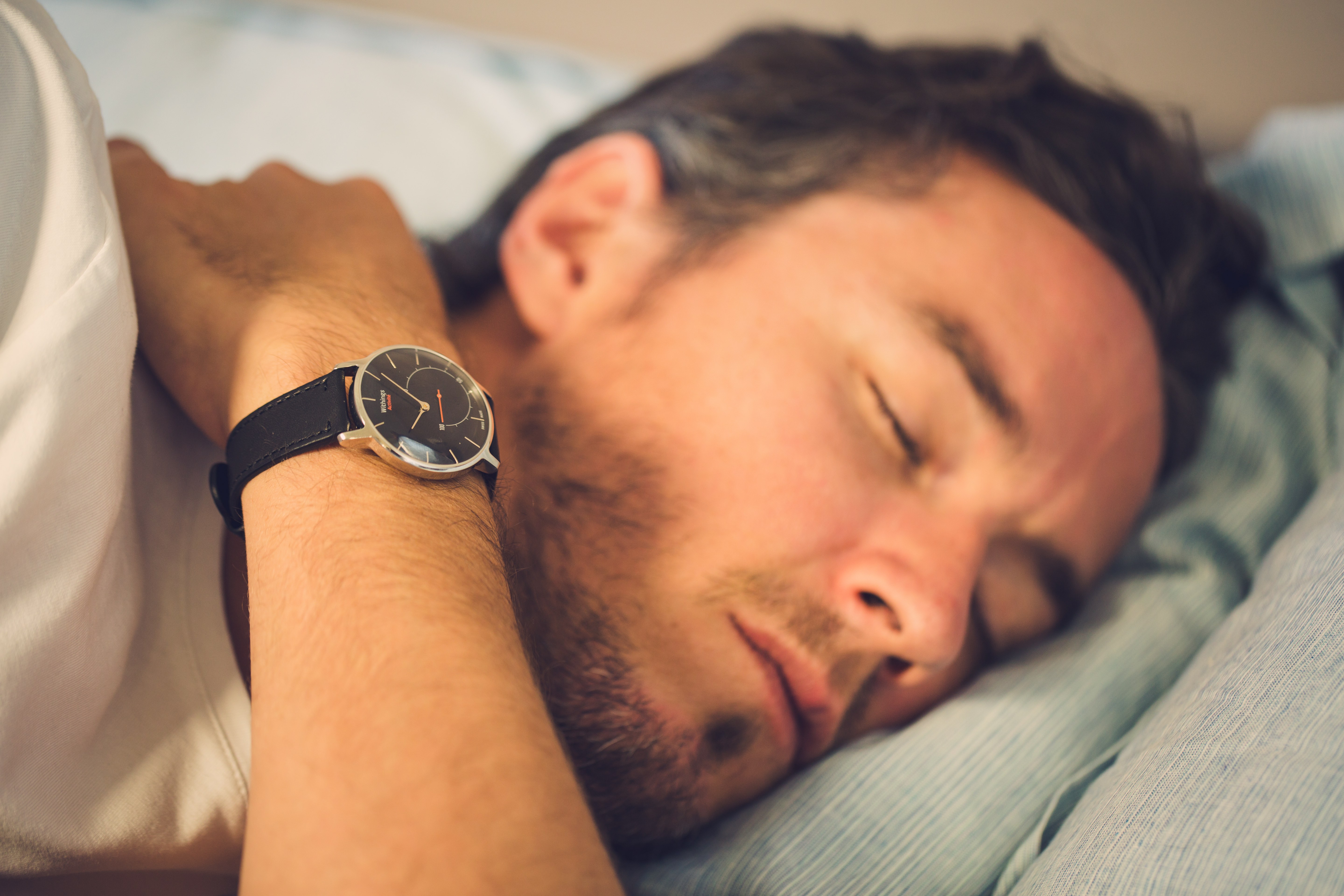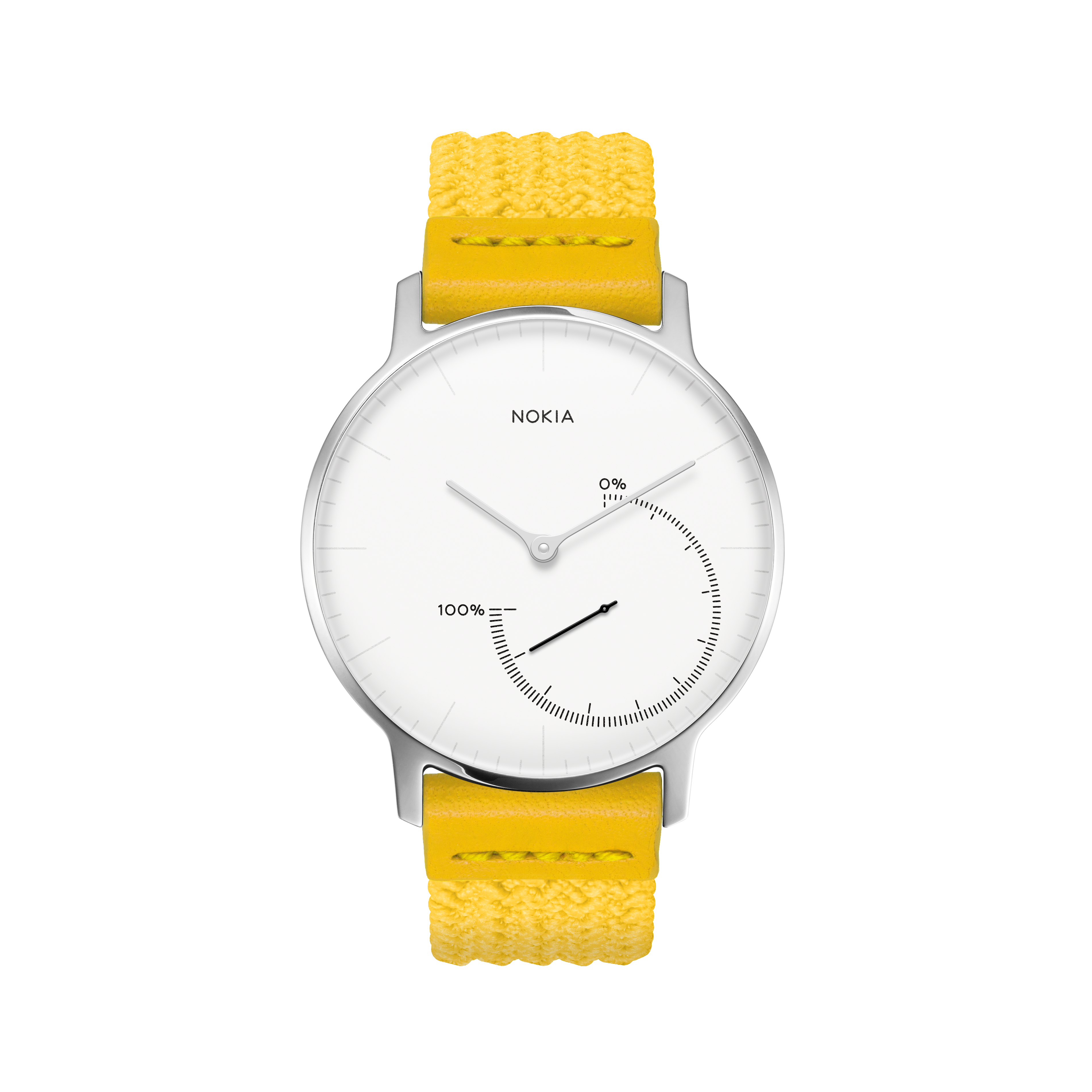
Proper sleep is key to a healthy lifestyle, but what if something as dim as the glow of your alarm clock is inhibiting your sleep? Find out why going to the dark side might be a good thing.

With artificial lights from televisions, computers, e-readers and smartphones constantly at our fingertips, it’s rare that we ever find ourselves in total darkness. However, according to research, light in the bedroom may not only disrupt a good night’s sleep, it could also have a negative impact on your mental and physical health.
According to the recent New York Times article, Excess Light Exposure May Take Toll on Muscles and Bones, a recent study at Leiden University Medical Center found that rats who underwent continuous light exposure were found to have decreased muscle and bone strength, as well as weight gain, compared to rats who were left in an environment with 12 hours of light and 12 hours of darkness. Although the exact cause of physical degeneration is still unknown, and results in rats may not translate to humans, it is theorized to be a result of the disruption of circadian rhythms caused by overexposure to light.
Circadian rhythms are defined by the National Institute of General Medical Sciences as the “physical, mental and behavioral changes that follow a roughly 24-hour cycle, responding primarily to light and darkness in an organism’s environment.” In other words, we use cues from light and darkness to help regulate how we function in our day-to-day lives.
Studies in recent years have shown that disruptions in circadian rhythms not only have a negative impact on our sleeping and eating patterns, but they are also linked to depression. A 2013 Live Science Article, Brain’s ‘Clock’ Disrupted in Depressed People, referenced a study which found that the brains of individuals who suffered from clinical depression had failed to follow the same circadian cycles as those of healthy brains. Therefore, causing disruption to your circadian rhythms by keeping the lights on may make you more prone to depression.
According to the National Sleep Foundation, the best way to keep circadian rhythms in check is to regulate your exposure to light. Spend time in the sunlight during the day and make a point to keep your sleep environment dark. The book “Sleep for Success” suggests a few ways to regulate the light in your bedroom, including using low-wattage bulbs in place of halogen and fluorescent lights, investing in blackout drapes to eliminate light pollution from cities or outdoor lights, removing TVs and computers, and even covering up digital alarm clocks to reduce the glow of LEDs.
A great alternative to using a digital alarm clock might be to try a product like — get ready for the product placement — the Withings Aura, which uses blue light and music to gradually wake you up in the morning. This way, even if you work the night shift or are using blackout blinds, you can still experience the same smooth wake-up as you would with natural sunlight.
So if you’re someone who consistently falls asleep in front of a TV or with the lights on, consider going to the dark side. The switch may leave you feeling not only more rested, but also more physically and emotionally healthy as well.
****
Still not sold on the importance of sleep? Read about why sleep improvement is so important.



